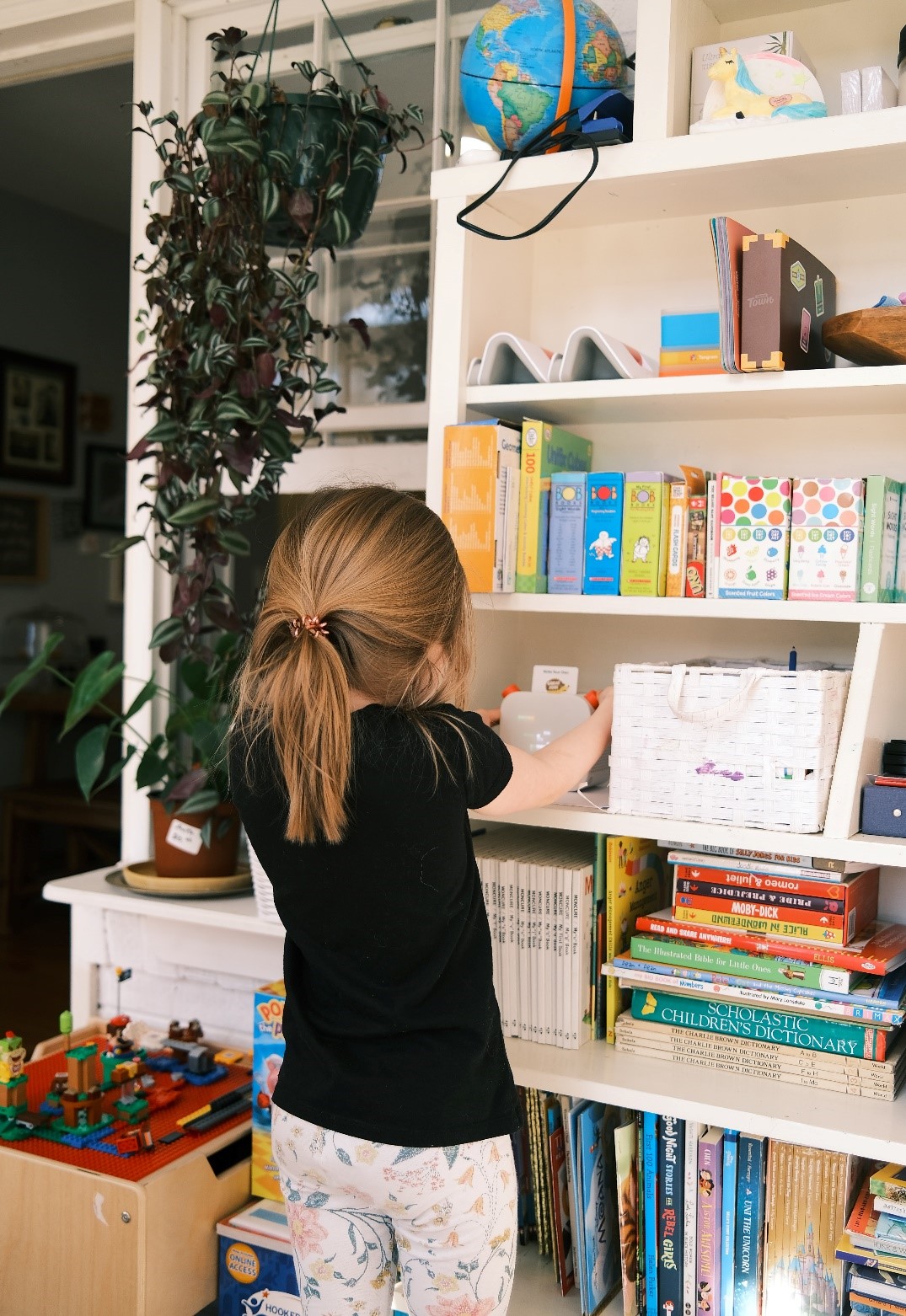Lisa, accompanied by her parents, had a follow-up consultation. Lisa is a primary school student. After two evaluations, the doctor determined that she does not suffer from mental illness, but she still has a lot of room for improvement in her studies, interpersonal skills, and emotional management. During this follow-up consultation, the doctor hopes to learn more about Lisa’s parents’ disciplinary methods and family living habits.
Stepping into the consultation room, Lisa sat quietly next to her parents, who complained about Lisa’s unsatisfactory behavior at home. Lisa saw a mobile phone (a doctor’s official mobile phone in the hospital) and a small book (a mental health education pamphlet for patients) on the table in the consultation room, and asked, “Doctor, can I see it?” The doctor thought she just wanted to read the little book, so he replied: “It’s up to you.”
Lisa immediately stood up and reached for the mobile phone on the table. When her parents realized, they immediately stopped her and complained: “You see? She surf the Internet and play with her mobile phone at home from day to night.” Her parents were both unhappy and worried that Lisa had not developed a reading habit. After hearing this, the doctor asked: “What do you do most of your free time? What types of books do you like to read?”
It turns out that Lisa’s parents only played with their mobile phones and watched TV series in their free time. The only books within reach in the living room were some online store catalogs. When the parents kept asking why their daughter had no interest in reading, the doctor thought, “What’s so surprising about your daughter not liking to read?” Fortunately, the doctor wasn’t under any honesty spells that day, so he didn’t blurt out these words. Otherwise, he would have to address more complaints from the parents.
At the next follow-up visit, Lisa opened the door and saw the doctor holding a small book in his hand. He was reading it with great interest, so she asked the doctor: “Can you lend it to me?” The doctor took out a few books from the cabinet. After giving it to her, Lisa quickly thanked the doctor. At this point, Lisa’s parents finally realized. Children’s reading habits, like other living habits, are copied from their parents or nurtured by their family environment. Parents setting an example is the key to children developing reading and other lifestyle habits.
(Details of the story have been modified to protect patient privacy)
Written by: Dr. William Chui
Translated by: Cheuk Long Chan






